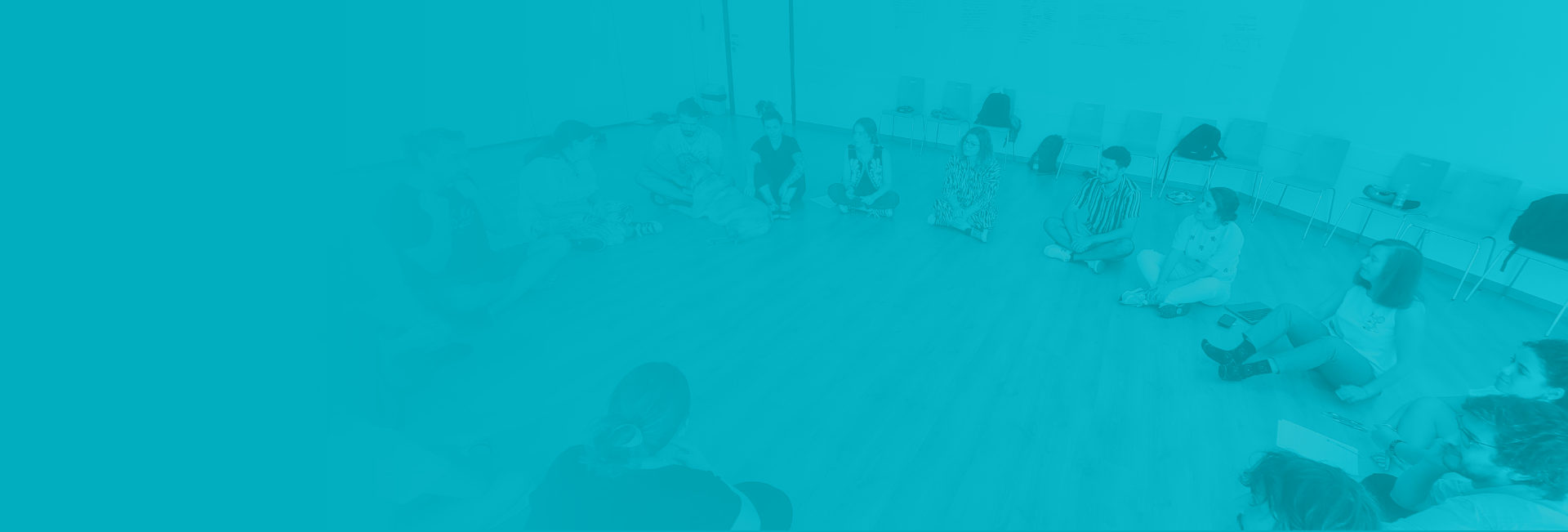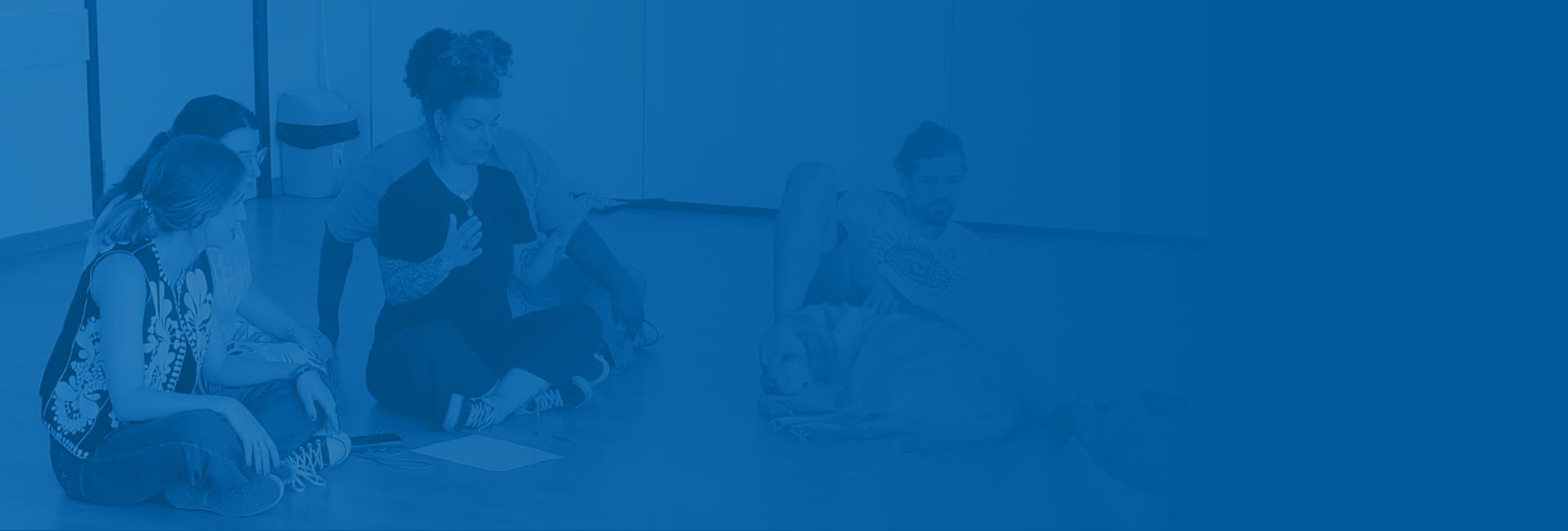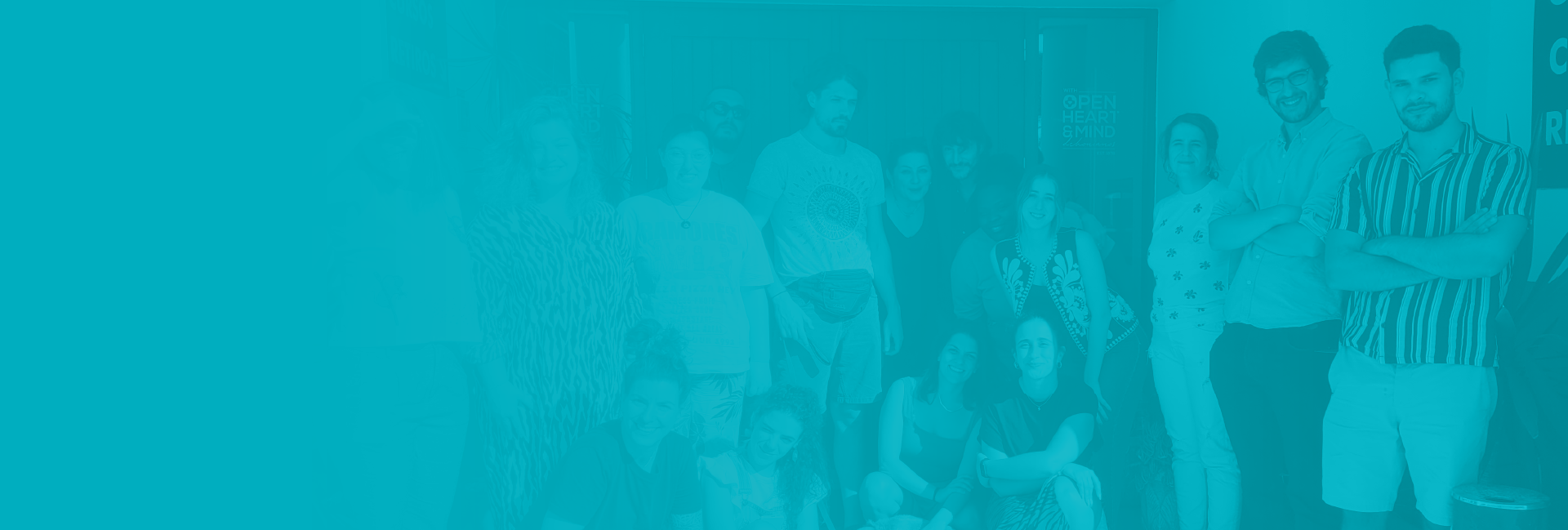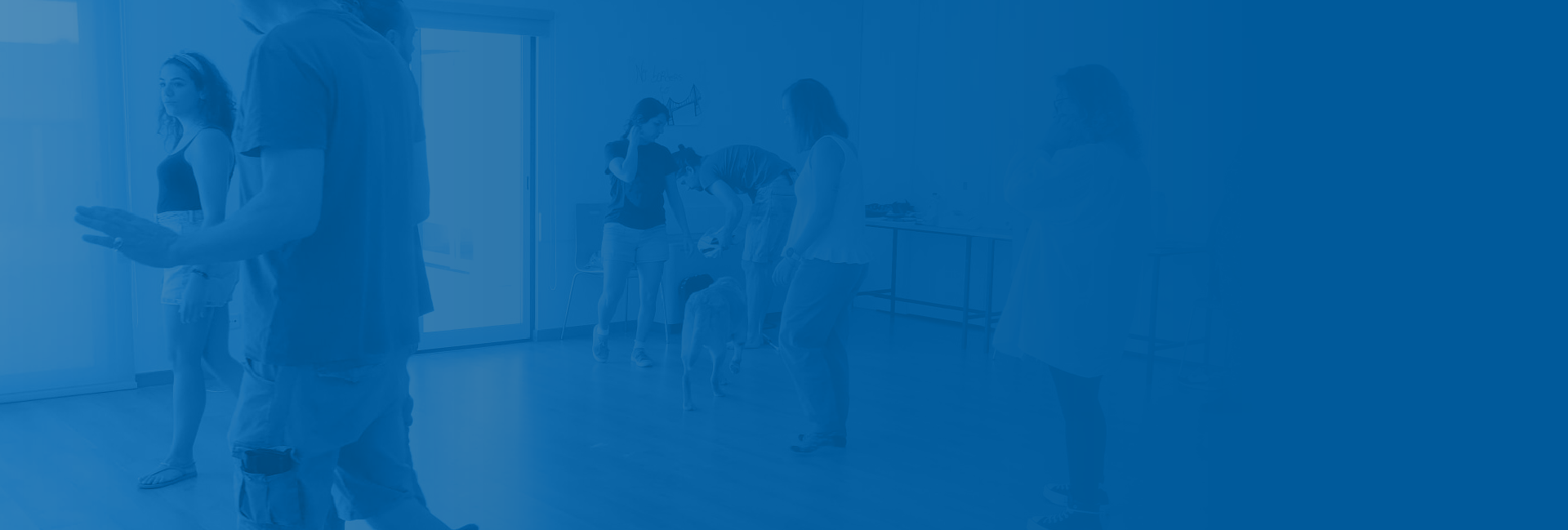

OUR PROJECT
The “No Borders to Youth” (NBTY) platform is an innovative initiative created to open doors to inclusion and equal opportunities for all young people, regardless of their abilities. This project was born from a collaboration between the Portuguese Red Cross Youth, the Psychology Association of the University of Minho (APSI), Liminal (Greece), and the Fundazione Magtel (Spain).
1• OUR GOAL
To combat the exclusion of young people with visual and hearing impairments in a society that is not structured to allow their participation on equal terms, which can lead to more socially, economically, or educationally vulnerable contexts. Through non-formal education and the promotion of common European values, we aim to build a bridge to inclusion and the development of active citizenship. We want all young people to feel like an equal part of their community and Europe.
2• WHAT DO WE OFFER
Our platform provides practical and inspiring materials for educators, youth workers, and teachers, helping them work inclusively with blind and deaf youth. Together, we can ensure that no one is left behind.
3• OUR MISSION
We believe that every young person deserves the opportunity to thrive. That is why NBTY brings together resources and activities that support three important EU Youth Goals: Mental Health and Well-being, Inclusive Cities, and a Green and Sustainable Europe. These materials are not only informative but also designed to contribute to the organizations and individual entities making their practices more inclusive and impactful.
JOIN US
- By exploring concepts such as “Me”, “Me and the Others”, and “Me, the Others, and the Planet”, we aim to strengthen young people’s sense of belonging to something bigger – the European Union. We want to be part of this journey, empowering new generations with the knowledge, skills, and values needed to build a more inclusive future.
- The guiding principles of the platform were conceived and designed through a collaborative process during a training course held in Portugal, bringing together participants from the four organizations involved in the consortium. This fostered greater involvement of participants with different impairments in the project’s design, as well as in its content and activities.
- The project KA220-YOU-9A23AF89 is co-funded by the Erasmus+ Youth in Action Program of the European Commission, Key Action 2: Cooperation for innovation and the exchange of good practices. Join us on this journey to build a more inclusive and sustainable future for all young people in Europe!

MENTAL HEALTH
& WELL BEING
In today’s fast-paced world, mental health has emerged as a significant concern. The stigma surrounding mental illness often prevents individuals from seeking help or even discussing their struggles openly. However, prioritizing mental health and wellbeing is crucial for leading fulfilling lives. This topic delves into various aspects of mental health. By fostering open dialogue and providing resources, we aim to promote mental wellbeing and resilience within our communities.
GOOD PRACTICES
- Encouraging open dialogue about mental health.
- Promoting self-care techniques and coping mechanisms.
- Providing resources for accessing professional help and support.
NON-FORMAL ACTIVITIES
- Group discussions on stress management techniques.
- Mindfulness and meditation sessions.
- Creative expression workshops (art therapy, writing, music).

INCLUSIVE
SOCIETIES
Building inclusive societies is imperative for ensuring that everyone, regardless of their background or abilities, has equal opportunities to thrive. This topic addresses the importance of inclusion and accessibility in creating supportive, equitable environments. Together, these principles promote an inclusive, accessible society where all individuals can participate, contribute, and thrive.
GOOD PRACTICES
- Advocating for diversity and inclusion in all aspects of society.
- Empowering marginalized communities through education and employment opportunities.
- Creating accessible spaces and services for people with disabilities.
NON-FORMAL ACTIVITIES
- Role-playing exercises to understand different perspectives.
- Community service projects focusing on inclusivity.
- Diversity awareness workshops and cultural exchange events.

SUSTAINABLE
GREEN EUROPE
With environmental issues such as climate change, pollution, and resource depletion becoming increasingly urgent, it is essential to adopt sustainable practices to protect our planet for future generations. This topic delves into the concept of sustainability and explores practical steps individuals and communities can take to reduce their environmental impact. By embracing renewable energy, minimizing waste, and preserving natural resources, we can work towards building a greener, more sustainable Europe.
GOOD PRACTICES
- Promoting environmental awareness and conservation efforts.
- Implementing eco-friendly practices in daily life and communities.
- Supporting initiatives for renewable energy and waste reduction.
NON-FORMAL ACTIVITIES
- Outdoor excursions focusing on nature appreciation and conservation.
- Gardening and urban farming projects.
- Workshops on recycling, upcycling, and sustainable living practices.

TIPS FOR
FACILITATORS
Effective facilitation goes beyond leading discussions—it involves creating spaces where everyone can fully participate. Whether you’re conducting a workshop, training, or community event, it’s essential to ensure that every aspect of the activity is inclusive and accessible.
In addition to facilitation tips, this chapter considers the diverse needs of participants that you should keep in mind from the planning stage, ensuring conditions that create an environment where everyone feels welcome and able to engage meaningfully. These tips will help you enhance your facilitation skills, while also ensuring that the entire participant journey is adapted to their needs, promoting an impactful event for all involved.
Check our checklist and make sure you’re prepared for every stage.
FORUM
Participate in the Forum of the No Borders To You(th) Platform!
The fields of inclusion and accessibility offer a world to explore. We invite you to share your doubts, experiences, suggestions, and questions in our forum. This is a space for mutual help and exchange of good practices. All contributions are essential to enrich the community and promote collective learning.
Join us and help create a more inclusive, accessible, and collaborative world!
